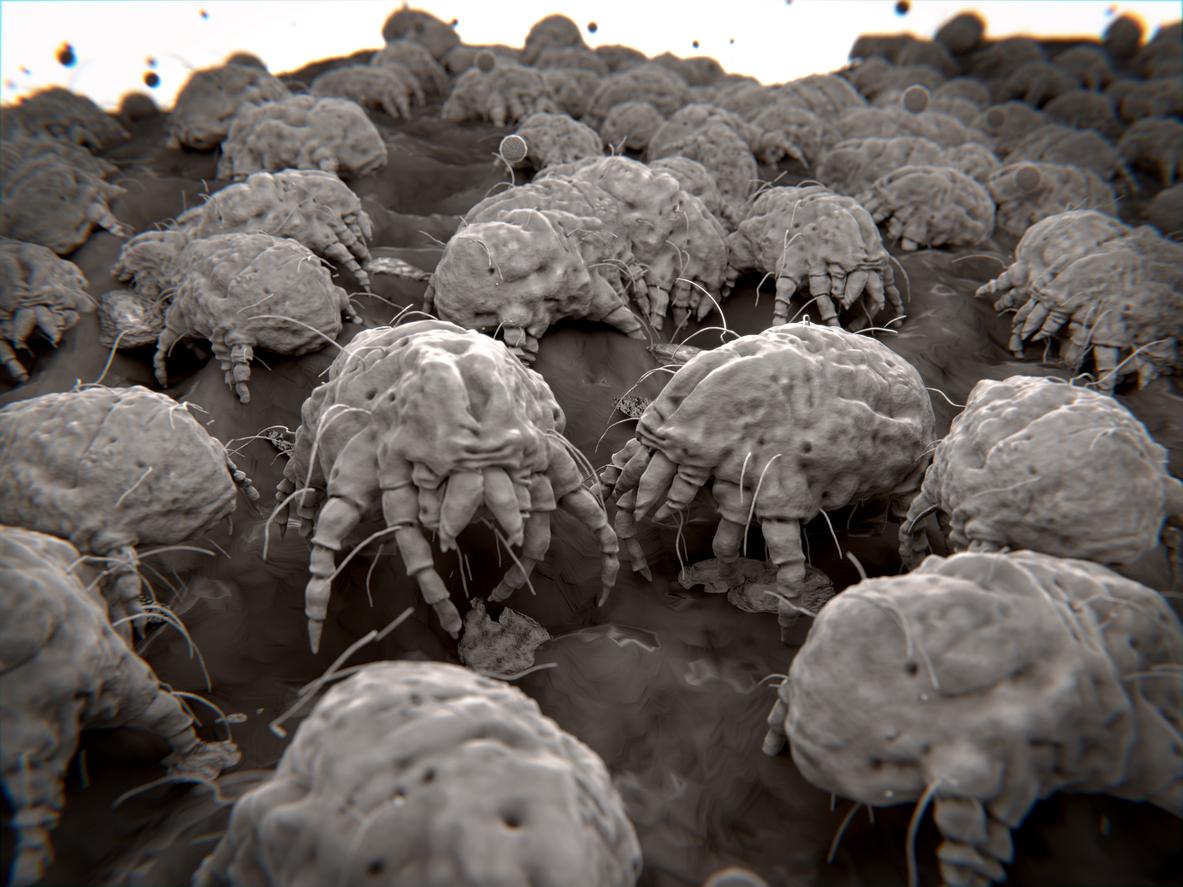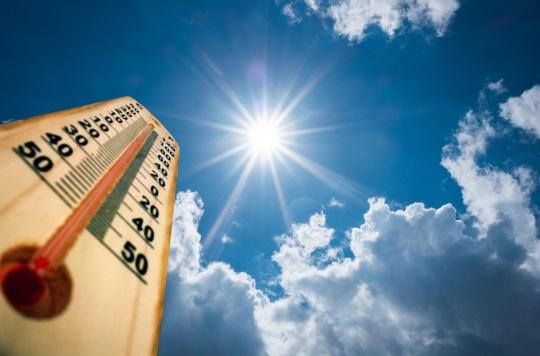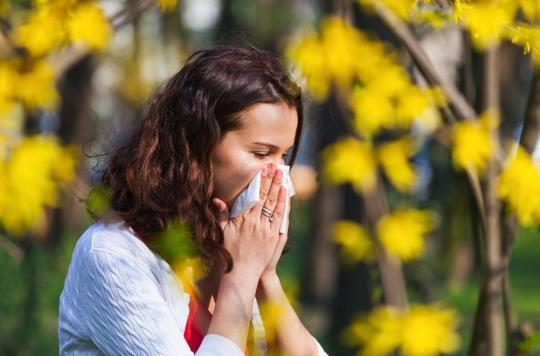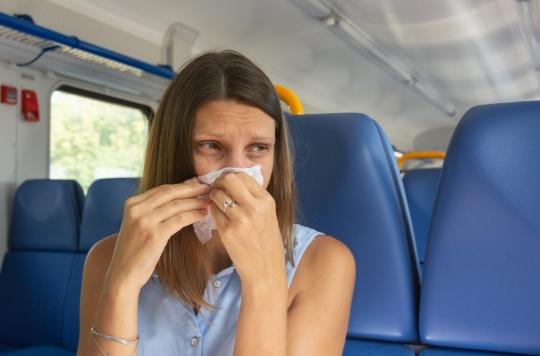While the number of people suffering from allergy explodes, experts and associations challenge the presidential candidates.
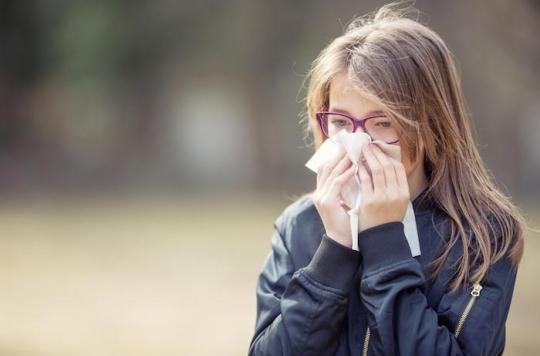
Sneezing, puffy eyes, itchy throat… As soon as spring arrives, millions of French people are affected by respiratory allergies. While in the 1960s, barely 4% of the population complained of hay fever, at least a third of French people today say they are allergic.
An explosion in the number of cases which worries allergists and pulmonologists. So to curb this phenomenon, professionals and patient associations are calling on politicians in a White Paper.
“The incidence is rising sharply, but what is even more worrying is the increased severity of the conditions. Allergy is no longer just hay fever, ”recalled Pr Jocelyne Just, president of the French Allergology Society and head of department at Trousseau Hospital (AP-HP) during a conference Press.
Indeed, according to epidemiological studies, severe forms of allergies, and potentially fatal, have increased four to five times over the past 30 years.
Allergies which are more and more difficult to treat and require increasingly sophisticated treatments. However, treated early this disease can very well be controlled.
For professionals, the aggravation of these pathologies is primarily due to the lack of training of doctors during their studies. Patients can sometimes experience 7 years of therapeutic wandering before being correctly diagnosed, the patient association has noted for several years. Asthma & Allergies.
Last March on the occasion of World Allergy Day, she recalled that 30% of untreated allergic rhinitis developed into asthma within 10 years.

Impact of global warming
Climate change and pollution are also the main culprits. The effect of warming is an extension of the pollination periods and therefore an increase in the quantity of pollen produced. Studies have also shown that an increase in temperatures and in the concentration of carbon dioxide (CO2) makes some pollens more allergenic.
For its part, pollution, and in particular ozone and particles, is suspected of accentuating the irritation of the nasal and ocular mucous membranes, promoting allergic reactions to low allergen levels. It has also been shown that air pollutants distort the shape of pollen grains, which increases their allergenic properties.
No real policy of scale
In this White Paper addressed to all presidential candidates, the experts regret the absence of a broad policy on the subject. They thus warned of the threats of delisting weighing on desensitization treatments. The only ones considered really effective because they prevent the allergic disease from getting worse.
To respond to the challenge posed by allergies, the French Allergology Federation is calling for the structuring of the care pathway and the guarantee of access to care throughout the territory.
To achieve this, they propose the creation of expert centers as well as an increase in the number of allergists trained each year. The demand will continue to increase. The WHO estimates that by 2050, half of the world’s population will be affected by allergy.
.








